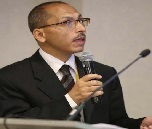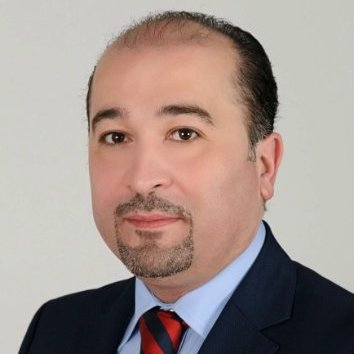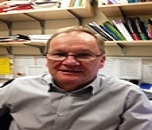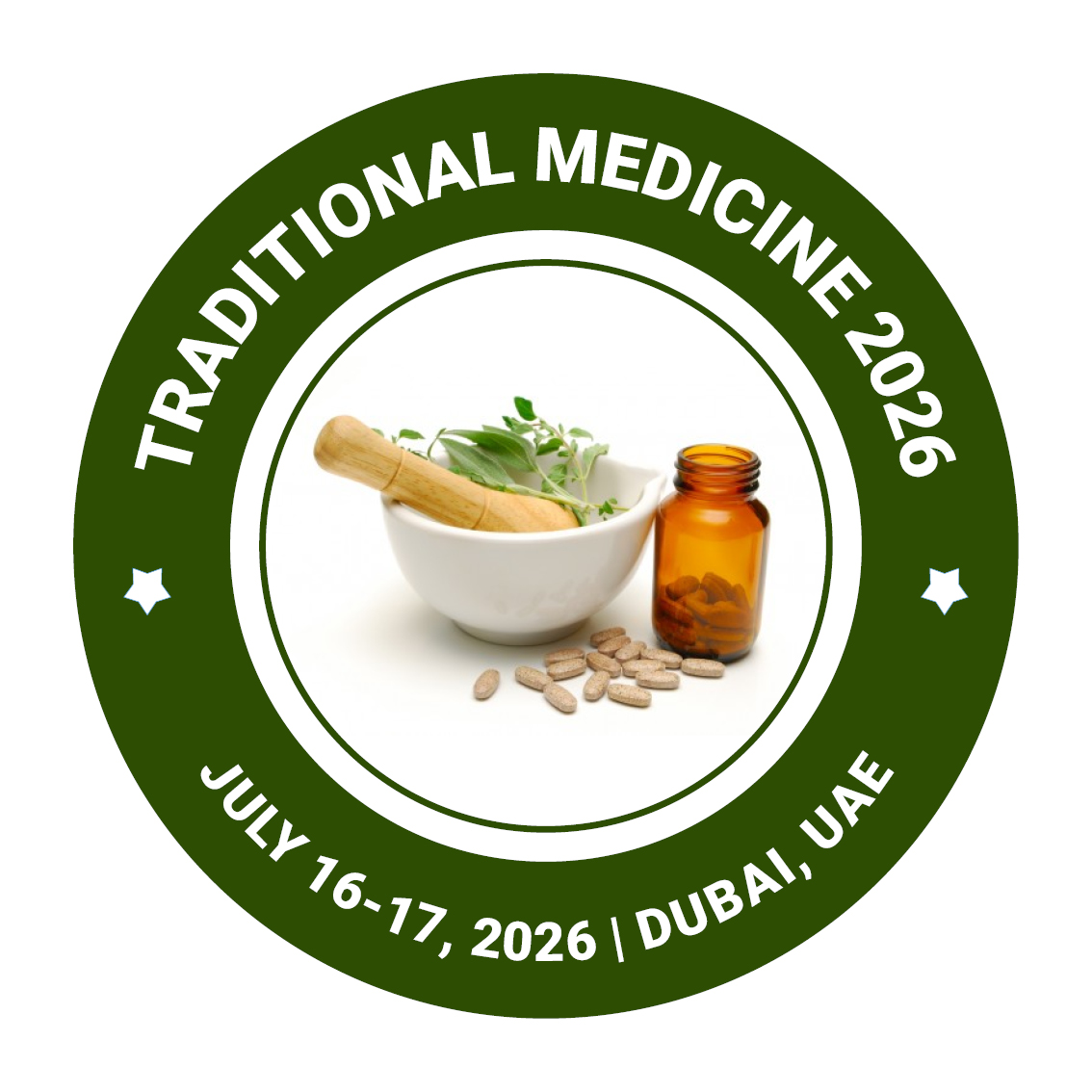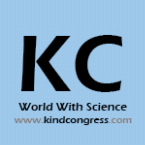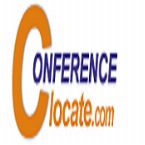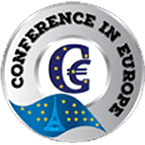Welcome Message
It is our great pleasure to invite you to the 9th World Congress on Traditional and Complementary Medicine, scheduled for July 16–17, 2026, in Dubai, UAE, under the theme “From Tradition to Innovation: Herbal Remedies in Modern Medicine.”
This international congress will provide a dynamic platform for researchers, healthcare professionals, practitioners, industry leaders, and policymakers to exchange knowledge and explore the integration of traditional and complementary medicine into modern healthcare systems. With the growing global interest in holistic approaches, the event will highlight advancements in herbal medicine, Ayurveda, acupuncture, naturopathy, mind-body practices, and evidence-based therapies that bridge the gap between ancient wisdom and modern science.
Through keynote lectures, interactive sessions, workshops, and networking opportunities, participants will gain insights into the latest research, innovations, and clinical applications shaping the future of integrative healthcare. We warmly welcome you to join us in Dubai for this enriching experience, where collaboration and knowledge-sharing will contribute to advancing sustainable healthcare solutions worldwide.
About Conference
The 9th World Congress on Traditional and Complementary Medicine, taking place on July 16–17, 2026, in Dubai, UAE, is a global forum designed to advance research, innovation, and clinical practice in the field of integrative healthcare. This prestigious congress aims to bring together experts from diverse disciplines to share cutting-edge knowledge and practical insights that can shape the future of patient care.
The event will showcase the intersection of traditional wisdom and modern science, exploring how time-tested practices can complement evidence-based medicine. Sessions will cover a wide spectrum of topics, including the therapeutic potential of medicinal plants, holistic disease management strategies, cross-cultural healthcare models, advancements in clinical trials on complementary therapies, and the role of traditional medicine in public health policies.
More than just a scientific meeting, the congress offers a vibrant environment for networking, collaboration, and global exchange of ideas. Participants will benefit from opportunities to connect with leading researchers, healthcare professionals, and industry innovators, fostering partnerships that extend beyond the event. With its focus on sustainability, innovation, and global health, the 9th World Congress on Traditional and Complementary Medicine stands as a landmark event for advancing the integration of complementary practices into mainstream healthcare
Scientific Sessions & Tracks
Track 1: Herbal Medicine
Herbal medicine explores the healing power of plants and natural remedies. This track covers the role of herbs in preventing and treating diseases, their safety aspects, and their applications in modern medicine. Delegates will also gain insights into the latest research and how herbal medicine is becoming an essential part of global healthcare.
Track 2: Ayurveda and Siddha
Ayurveda and Siddha are ancient Indian systems of medicine that emphasize balance between body, mind, and spirit. This track highlights traditional healing methods, personalized care, and natural treatments that remain highly relevant today. Discussions will also show how these practices can integrate with modern healthcare approaches.
Track 3: Homeopathy
Homeopathy uses natural remedies in very small doses to stimulate the body’s self-healing power. This track discusses its role in managing both acute and chronic illnesses, research evidence, and safety standards. It will also explore how homeopathy complements modern medical practices.
Track 4: Naturopathy
Naturopathy promotes healing through natural methods such as diet, lifestyle changes, exercise, hydrotherapy, and detoxification. This track highlights how naturopathy supports preventive health, strengthens immunity, and helps manage chronic conditions by focusing on holistic well-being.
Track 5: Unani Medicine
Unani medicine, rooted in Greek-Arabic traditions, emphasizes balancing the body’s natural elements. This track explores herbal treatments, diet therapy, and regimental practices, highlighting how Unani is effective in managing lifestyle-related diseases such as diabetes, obesity, and digestive disorders.
Track 6: Traditional Chinese Medicine (TCM)
Traditional Chinese Medicine includes acupuncture, herbal therapies, tai chi, and qi gong. This track focuses on restoring balance and energy flow in the body. Sessions will highlight its role in pain relief, chronic illness management, and integrative healthcare supported by scientific evidence.
Track 7: Ethnobotany & Indigenous Knowledge
This track focuses on the traditional knowledge of indigenous communities and their use of plants for healing. Delegates will explore cultural practices, ethnobotanical studies, and the importance of preserving and validating this knowledge for modern medicine and biodiversity conservation.
Track 8: Medicinal Plants & Phytotherapy
Phytotherapy studies the medicinal value of plants and their natural compounds. This track highlights innovations in plant-based treatments, their use in functional foods and supplements, and the continued importance of medicinal plants in developing new drugs and therapies.
Track 9: Sustainability of Medicinal Resources
This track emphasizes the conservation of medicinal plants and natural resources. Key topics include sustainable farming, responsible harvesting, and global strategies to protect biodiversity. Delegates will learn how to balance the growing demand for natural remedies with the preservation of ecosystems.
Track 10: Global Regulations in Traditional Medicine
This track covers international policies, safety standards, and quality regulations in traditional medicine. It will provide insights into global efforts to harmonize practices, ensure patient safety, and responsibly integrate traditional medicine into modern healthcare systems.
Track 11: Integrative Oncology
Integrative oncology combines modern cancer treatments with supportive therapies such as acupuncture, herbal medicine, and nutrition. This track explores how integrative approaches reduce side effects, improve quality of life, and support patient recovery during and after cancer treatment.
Track 12: Medical Mushrooms
Medicinal mushrooms are widely recognized for their ability to boost immunity and fight disease. This track explores their role in cancer care, infections, and functional foods. Discussions will highlight active compounds like beta-glucans and their potential applications in modern medicine and nutrition.
Track 13: Yoga & Mind-Body Therapies
Yoga, meditation, and mindfulness practices are powerful tools for stress reduction, mental health, and physical well-being. This track highlights the clinical benefits of mind-body therapies and how they are increasingly adopted in hospitals and global healthcare systems.
Track 14 :. Spiritual & Energy Healing
Energy healing practices such as Reiki, pranic healing, and bio field therapies are gaining popularity worldwide. This track discusses their role in stress relief, emotional balance, and complementary healthcare, focusing on their ability to support overall well-being alongside conventional treatments.
Track 15: Aromatherapy & Essential Oils
Aromatherapy uses essential oils for relaxation, pain relief, and improved sleep. This track highlights the healing properties, safety, and clinical applications of essential oils. Delegates will also explore how aromatherapy is used in both healthcare and wellness settings worldwide.
Track 16: Nutraceuticals & Functional Foods
This track explores nutraceuticals and functional foods enriched with vitamins, minerals, and bioactive compounds that prevent disease and promote health. Delegates will learn about new scientific research, regulatory frameworks, and how nutraceuticals are shaping the future of preventive healthcare.
Track 17: Acupuncture & Pain Management
Acupuncture is one of the most widely accepted complementary therapies for managing pain. This track highlights its effectiveness in treating chronic pain, arthritis, and neurological disorders. Sessions will focus on evidence-based approaches and its integration into mainstream healthcare.
Track 18: Integrative Public Health
This track examines how complementary medicine contributes to preventive care and community health. Discussions will include wellness strategies, global health policies, and how traditional and modern practices can be combined to promote healthier populations worldwide.
Track 19: Digital Health in Complementary Medicine
Digital tools such as apps, telemedicine, and wearable devices are transforming healthcare delivery. This track highlights how technology is improving access, personalizing care, and supporting the integration of complementary medicine into modern healthcare systems.
Track 20: . Complementary Mental Health Approaches
This track covers therapies such as mindfulness, art therapy, and music therapy for addressing stress, anxiety, and depression. Delegates will explore how complementary practices support mental well-being and are becoming more widely accepted in global mental healthcare.



